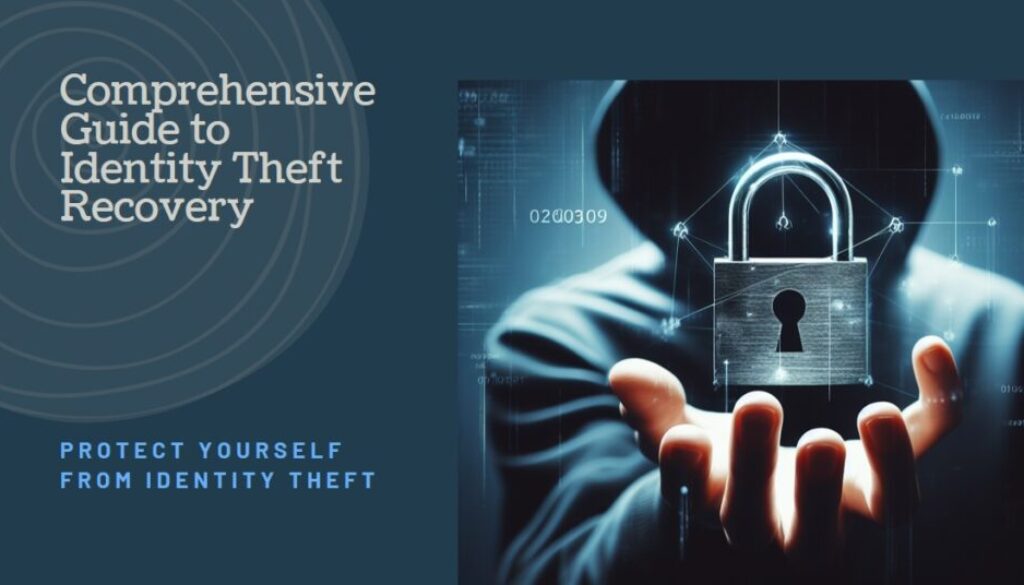What to Do if Your Identity Has Been Stolen: A Comprehensive Guide
What to Do if Your Identity Has Been Stolen: A Comprehensive Guide
Introduction
In the digital age, identity theft is a growing concern. It’s a crime that can cause significant financial loss and stress. But what do you do if your identity has been stolen? This article will guide you through the process and provide some helpful tips.
Understanding Identity Theft
Identity theft occurs when someone uses your personal information without your consent, typically for financial gain. This could involve using your credit card details to make purchases, or even using your identity to open new accounts.
Identity theft can happen in various ways, from simple methods like dumpster diving and mail theft to more complex methods like phishing and hacking.
Steps to Take if Your Identity Has Been Stolen
If you suspect that your identity has been stolen, it’s important to act quickly. Here are some steps you should take:
- Contact Your Financial Institutions: Inform your bank and credit card companies about the situation. They can help protect your accounts and prevent further fraudulent activity. It’s also a good idea to change your online banking passwords and PINs.
- Report the Theft: File a report with your local law enforcement agency and the Federal Trade Commission (FTC) in the U.S. You can do this online at identitytheft.gov. This will provide you with an official identity theft report and a recovery plan.
- Monitor Your Credit Reports: Regularly review your credit reports for any suspicious activity. You can request free reports from the three major credit bureaus. If you find any discrepancies, report them immediately.
- Consider a Credit Freeze or Fraud Alert: A credit freeze or a fraud alert can make it harder for an identity thief to open more accounts in your name.
- Check Your Mail and Online Accounts: Look for any changes in your personal information or unauthorized transactions. If you notice anything suspicious, report it immediately.
Conclusion
Identity theft can be a distressing experience, but taking swift action can help mitigate the damage. Remember to stay vigilant, protect your personal information, and don’t hesitate to reach out for help if you need it. If you suspect your identity has been stolen, check your credit reports and contact identitytheft.gov.
FAQs
Q: How can I protect myself from identity theft? A: Regularly check your financial statements, use strong passwords, and be cautious when sharing personal information.
Q: What should I do if my identity is stolen? A: Contact your bank, report the theft to law enforcement, and consider placing a fraud alert on your credit report.
Q: How can I check my credit reports? A: You can request free reports from the three major credit bureaus.
Q: Where can I report identity theft? A: In the U.S., you can report identity theft to your local law enforcement agency and the Federal Trade Commission at identitytheft.gov.
Q: What are the signs of identity theft? A: Signs of identity theft can include unexpected withdrawals from your bank account, bills for services you didn’t use, and unfamiliar accounts or charges on your credit report.
Q: What is a credit freeze?
A: A credit freeze restricts access to your credit report, which makes it harder for identity thieves to open new accounts in your name.
My Business Web Space may earn an Affiliate Commission if you purchase something through recommended links in this article.
Discover more from My Business Web Space
Subscribe to get the latest posts sent to your email.
